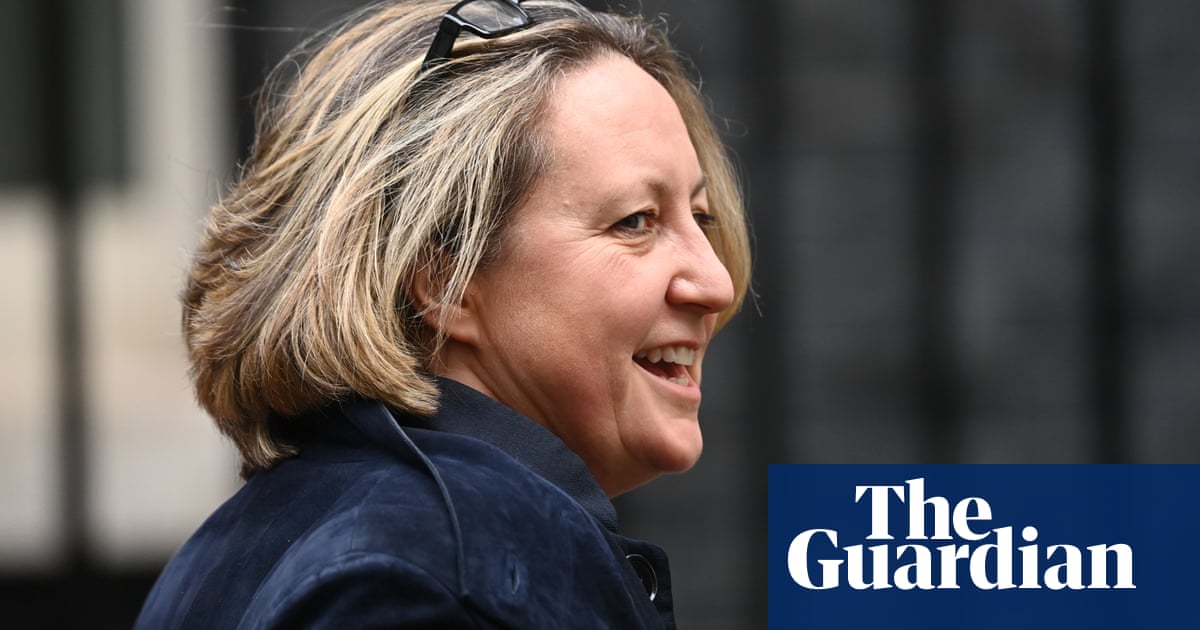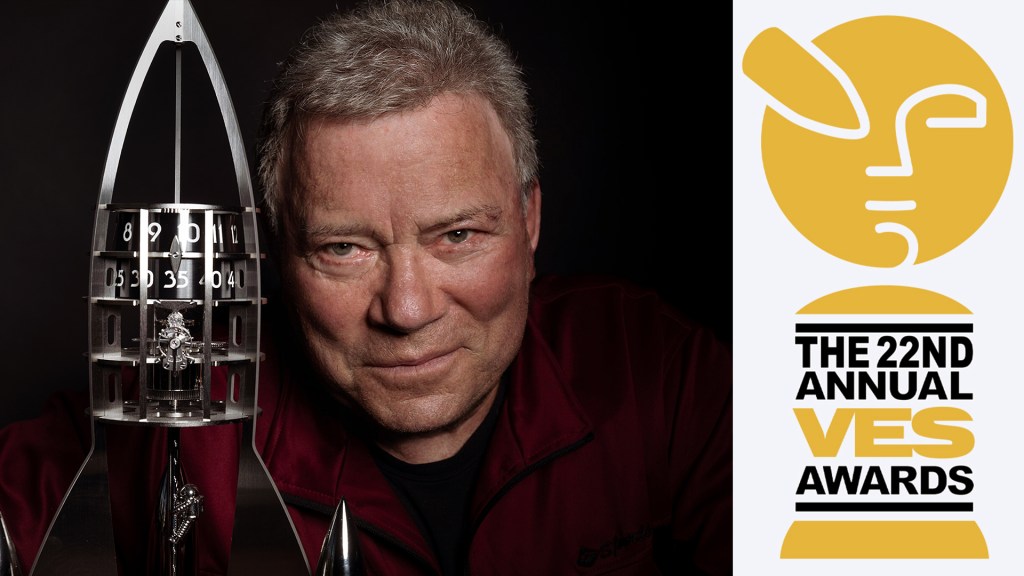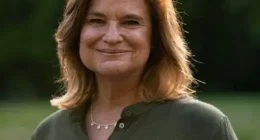
MPs should still be allowed to work about 10 to 15 hours a week in second jobs as long as they are not offering political consultancy, a cabinet minister has said.
The international trade secretary, Anne-Marie Trevelyan, suggested the government could support new guidelines to put limits on the hours of outside work, as she gave a round of broadcast interviews on Wednesday morning.
Trevelyan, a Brexit supporter and ally of Boris Johnson, defended MPs being able to do some work outside of parliament, saying it added to the “richness” of political life.
She told BBC Breakfast: “I think there is a common sense test which is if you probably do 40-50 hours a week doing your main job, doing 10 or 15 hours a week doing something else, whatever you choose to do in your spare time, whether that’s paid or not paid, is something that is part of the richness of what you bring as an individual to your role as an MP.”
Proposals for rules on MPs’ second jobs will be put forward by the standards committee, chaired by Labour’s Chris Bryant. A cross-party consensus will have to be forged after that but both main parties are indicating that they will support a prohibition on paid political consultancy, after a U-turn by Johnson.
There are not likely to be large numbers of MPs who are working more than 15 hours a week at a second job.
One of them would be Geoffrey Cox, the former attorney general, who has worked more than 1,000 hours on legal work during the course of a year.
More MPs may be caught by a ban on paid political consultancy.
Asked if Cox should reduce his hours, Trevelyan told BBC Breakfast: “That’s a question to discuss. The key is, is he doing a good job for his constituents? Do they think he’s doing a good job for them? And, from what I’ve heard, no one has stood up and said otherwise.
“But that he continues to practise what is his professional skill while he is a backbench MP, for me, is perfectly acceptable because in the same way that Maria Caulfield serves in the NHS as a nurse, continues to practise her profession alongside serving her constituents is, I think, important for the NHS.”
Labour had called an opposition day debate on second jobs for Wednesday with a proposal to ban political consultancy, but Johnson attempted to outflank the opposition on Tuesday by saying he would do the same.
A fortnight after his botched bid to tear up the standards system to protect the Tory backbencher Owen Paterson from censure for breaking the rules on lobbying, the prime minister will claim to be the champion of parliamentary probity.
Downing Street said Johnson would table an amendment to an opposition motion tabled by the Labour leader, Keir Starmer, that would ban MPs from being paid for working as parliamentary advisers.
No 10 sources said the prime minister’s amendment would “toughen up” Labour’s approach by adding that MPs should be investigated and “appropriately punished” if they prioritised other jobs over their taxpayer-funded role.
On Tuesday, Starmer welcomed Johnson’s acquiescence, but urged him to back Labour’s proposals “in full” and claimed the prime minister had only capitulated due to mounting pressure caused by the media attention on Tory MPs’ second jobs.
Speaking at a press conference, Starmer said: “If he is accepting the motion in full, then that’s a significant victory for us in our work to clean up politics, but obviously I need to look at exactly how he’s put it.”
There is widespread dissatisfaction on the Tory benches about No 10’s new willingness to curb their earnings, particularly among some of the old guard who have lucrative sideline roles.
Sir Geoffrey Clifton-Brown, a member of the backbench 1922 Committee, who earns extra money from arable farming in Norfolk, told BBC Radio 4’s Today programme: “Clearly the whole issue of standards and the motion tabled before the house and then a complete U-turn, and now this.”
Clifton-Brown said he had “no problem” with a ban on paid consultancy work, but going further could deter people who had “good skills”.
“If you go further, and some in the house do want to go further and ban all second jobs, as I say it will have the effect, as I’ve already said, of deterring people who have good skills outside who are professionals, who actually I think bring quite a lot to the house in terms of their experience,” he said.
He suggested the approach could be to ensure new candidates declare outside jobs and let voters decide.
Source: Guardian







